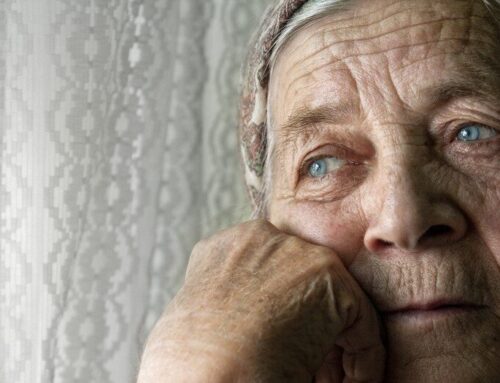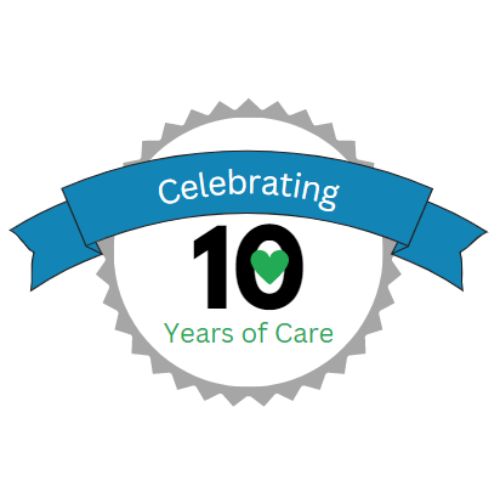Unfortunately for many, with age comes hearing difficulties. Hearing issues develop over time with age, development of diseaseand genetics. Since hearing difficulties may vary, there are many degrees of hearing difficulties. In other words, some individuals may be affected more than others due to the intensity of hearing difficulties. Whatever the intensity, it is important for aging individuals and their families to understand the impact of hearing on elderly life so that treatment options can be discussed and decided upon.
How Common are Hearing Difficulties in the Senior Population?
Unfortunately, hearing difficulties and loss are not only common in seniors but adults in general. According to the National Institute of Health (NIH), 15% of adult individuals over the age of 18 in the United Sates suffer from some degree of hearing loss. Hearing aids are devices that can help individuals with lower degrees of hearing loss be able to hear better, but only 25% of American adults who can he helped by hearing aids actually use them. So, hearing difficulties are a sustained problem for American adults and the risk only heightens each year we grow older.
Different Variations of Hearing Loss
Because hearing loss can be due to a number of different ailments or factors, there are different types of hearing loss. Discovering which type of hearing loss you may be suffering from can help determine the best solutions. Various types of hearing difficulties include:
- Conductive: This type of hearing loss is when the sound does not reach the inner part of the ear, causing the individual not to hear anything. Causes of this type of hearing loss may include a blockage of ear wax, damage to the eardrum, or a buildup of fluid. Fortunately, many times this type of hearing loss can be fixed with surgery or various medicinal treatments.
- Sensorineural: The cochlear nerve is responsible for taking sound sensory data to the brain. With this type of hearing loss, the cochlear nerve is damaged. It can be caused by disease, head trauma, age, geneticsand loud noise throughout life. Unfortunately, more often than not, this type of hearing loss is permanent and untreatable.
- Presbycusis: This type of hearing loss is attributed to aging. As a person with this type of hearing loss ages, either the cochlear nerve becomes damaged or malformations occur in the inner ear, leading to hearing difficulties. More than half of individuals older than the age of 75 experience Presbycusis.
Symptoms of Hearing Loss
Obviously, it can be challenging to start losing any sense, especially hearing. Seniors with hearing difficulties may not be able to hear advice from their doctor, react to knocking at the door, listen to family conversationsand react to important emergency signals. Additionally, aging individuals experiencing hearing difficulties may be mistaken for being confused when rather they simply cannot hear. Although hearing loss in aging individuals is quite common, it should never be ignored. Unfortunately, hearing difficulties may be a symptom of something else. But, fortunately, often times hearing difficulties can be prevented, managed, or even treated. If you are experiencing hearing difficulties at any age, talk to your physician about what type of hearing loss you are experiencing and your options for treatment.
Help with Hearing Difficulties for Seniors
Aging individuals who experience hearing loss may have trouble doing many things they used to. That’s where Florida First Senior Home Care’s caregiver nurse registry service comes in. We provide referrals of caregivers within our nurse registry which may be able to help with hearing difficulties. For many, developing hearing problems is a sign that independence is dwindling. It doesn’t have to be so with the help of a referred caregiver. You or your aging family member does not have to leave the comfort of home because of hearing difficulties. They can simply gain the help they need through the use of a referred caregiver. Want to learn more about what a referred caregiver by Florida First Senior Home Care can do for you or your family? Give us a call today at 561-717-7224 or visit our website to learn more about referred caregiver services that may be available.







